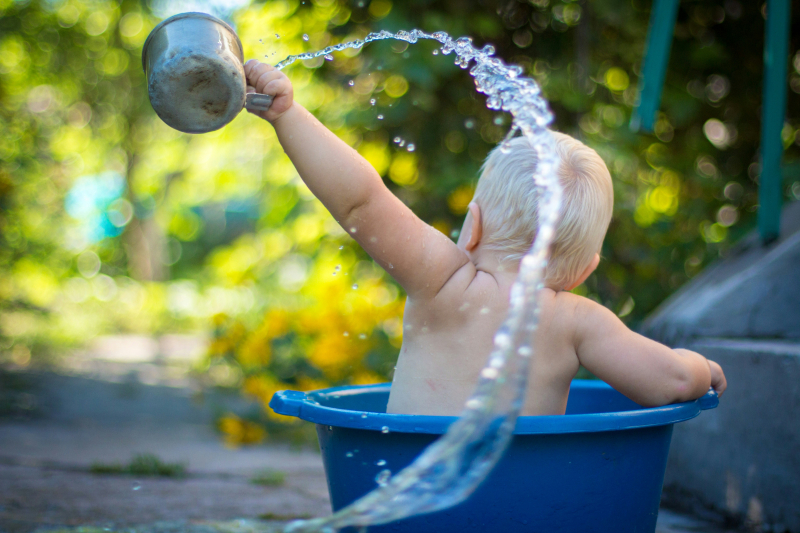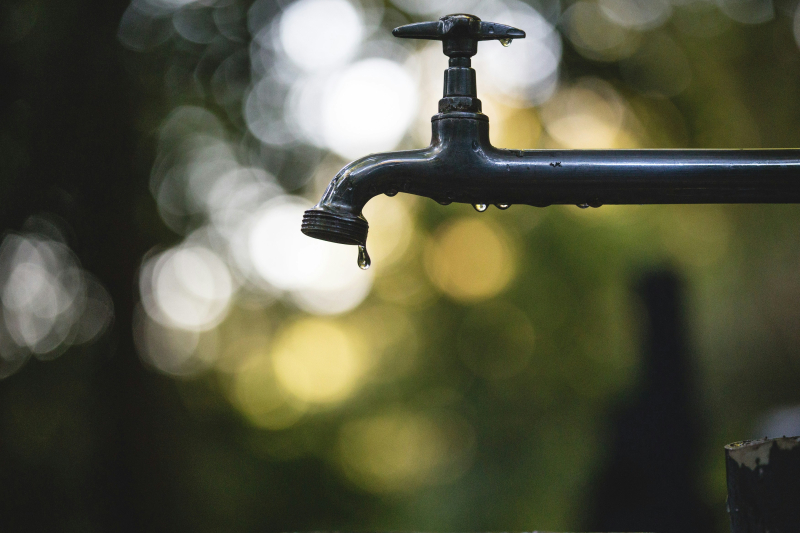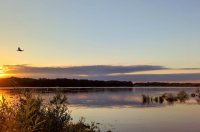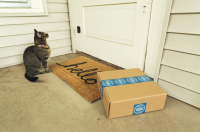Every summer in Russia brings the temporary cut-off of hot water. While not a severe inconvenience, it inevitably brings the same question to the table – why on earth do we have to live like that in the 21st century?
In most Russian cities, apartment buildings are heated by centralized heating systems. That means there are special power stations that heat and distribute water to multiple buildings. The same pipes that supply water for taps also heat radiators in rooms during winter. Utility workers emphasize the importance of preparing for the heating season during summer and run maintenance works to prevent emergencies in winter. The necessary tests take up to 10 days in the city center, while pipes in newer buildings require less time, sometimes just two or three days.
Luckily, not every house is affected by this. Apartments with gas heaters can heat water independently on-site, while detached houses typically have water boilers.
How can you know it’s coming for you? Usually, there’ll be a note on your building’s entrance door. To prepare yourself in advance, use websites that provide schedules for each house's (dorms included) hot water shutdown. Please note that one district may be operated by two or three companies:
-
Admiralteisky, Centralny, Vasileostrovsky, Kirovsky, Vyborgsky, Moskovsky, and Nevsky districts: teplosetspb.ru
-
Admiralteisky, Petrogradsky, and Centralny districts: ptenergo.ru
-
Frunzensky, Primorsky, and Pushkinsky districts: te-spb.ru
-
Covers every district: gptek.spb.ru

Credit: Lubomirkin (@lubomirkin) via Unsplash
Survival tips
1. Timeless classics – washing in a plastic basin. This way, we grab any opportunity possible to get hot water, from exploiting electric kettles to heating water in pots on a stove. Advanced users pay their respects to Soviet traditions by using immersion heaters. From personal experience, this is the most efficient way to heat large volumes of water. Just remember never to test the temperature with your hand when the immersion heater is on – it's electrified! Once the water is about to boil, pour it into the basin and mix in cold water from the tap. Voila, your bath is ready! The pros: no need to leave home, the cons: it may take so long that you'll question the necessity of staying clean at all.
2. Visiting your friends. They never turn off water in the whole city in one go, instead, they conduct gradual tests that affect different districts. Time to test your friends who live farther from you by inviting yourself over for a quick shower or bath. Don't hesitate – someday, your bathroom might be their sanctuary as well.
3. Do you have a gym membership? You might want to get one after reading the next sentence. To ensure their independence from water outages, most gyms have their own water boilers, hence, hot water 24/7. If you don’t feel like spending a fortune, check for free trial periods. You don’t actually have to do sports if you don’t feel like it, just head for the showers and call it a day.
4. Experience Russian banya! While winter is considered the banya season, visiting it in summer is a no less pleasant experience. Opt for non-VIP passes and visit on workdays for a more cost-effective option. Bring your own supplies, so as not to pay for towels or slippers on the spot!
5. Last but not least – dry shampoos. They are lifesavers when you need to if not feel, then at least look clean and have no time for any other options. You can find them at any drugstore or beauty store.
Learn more useful life hacks from Russian households!




